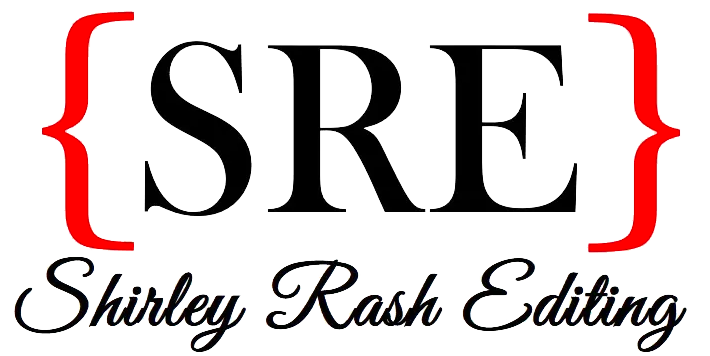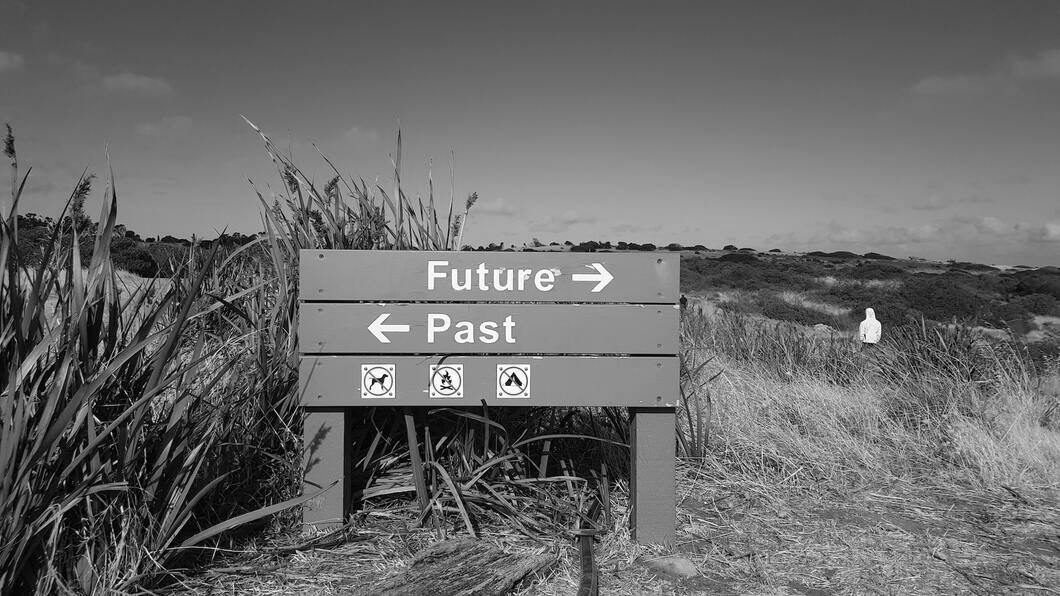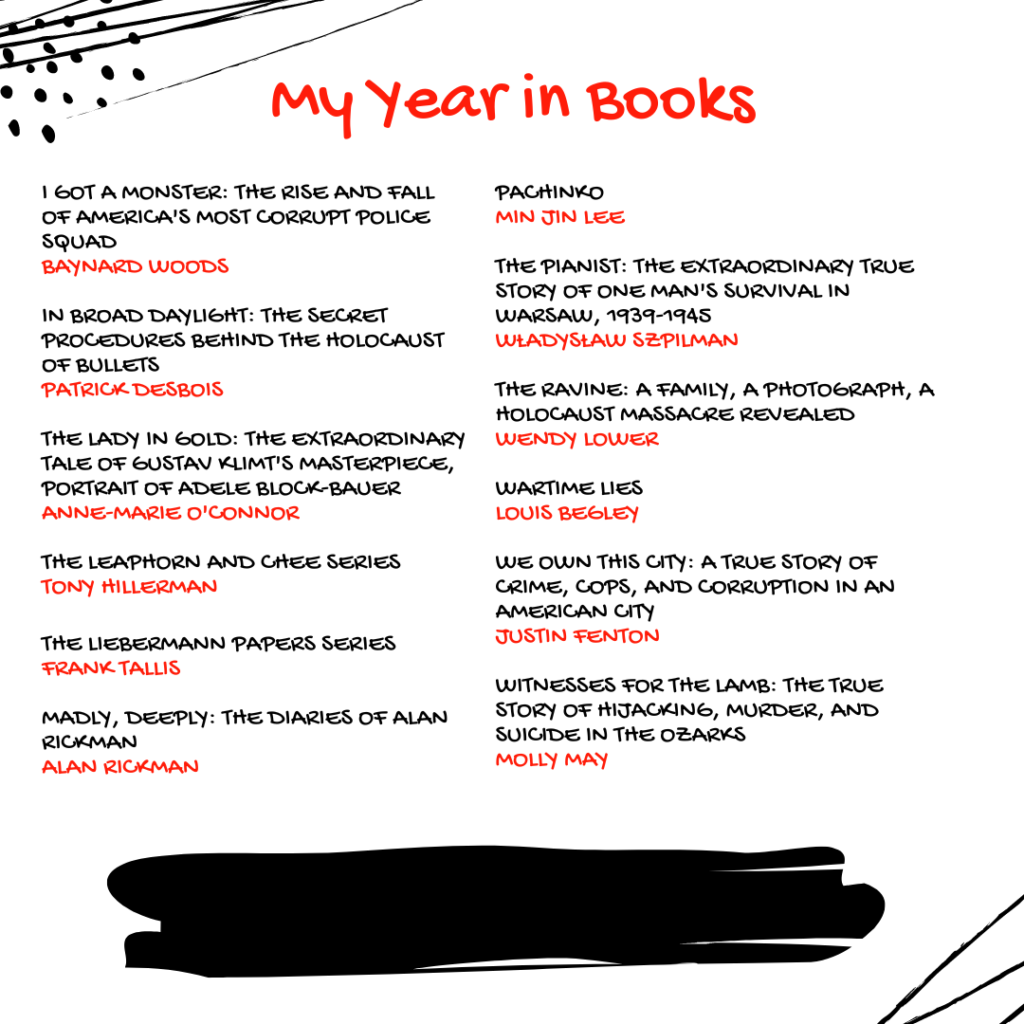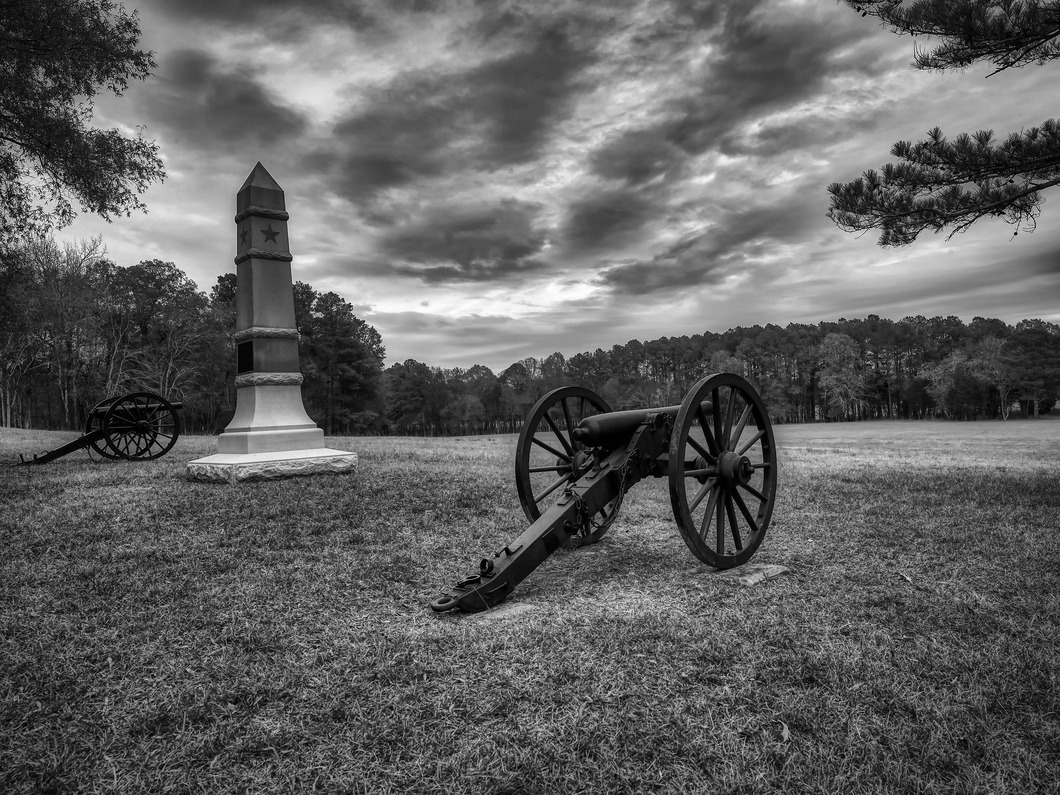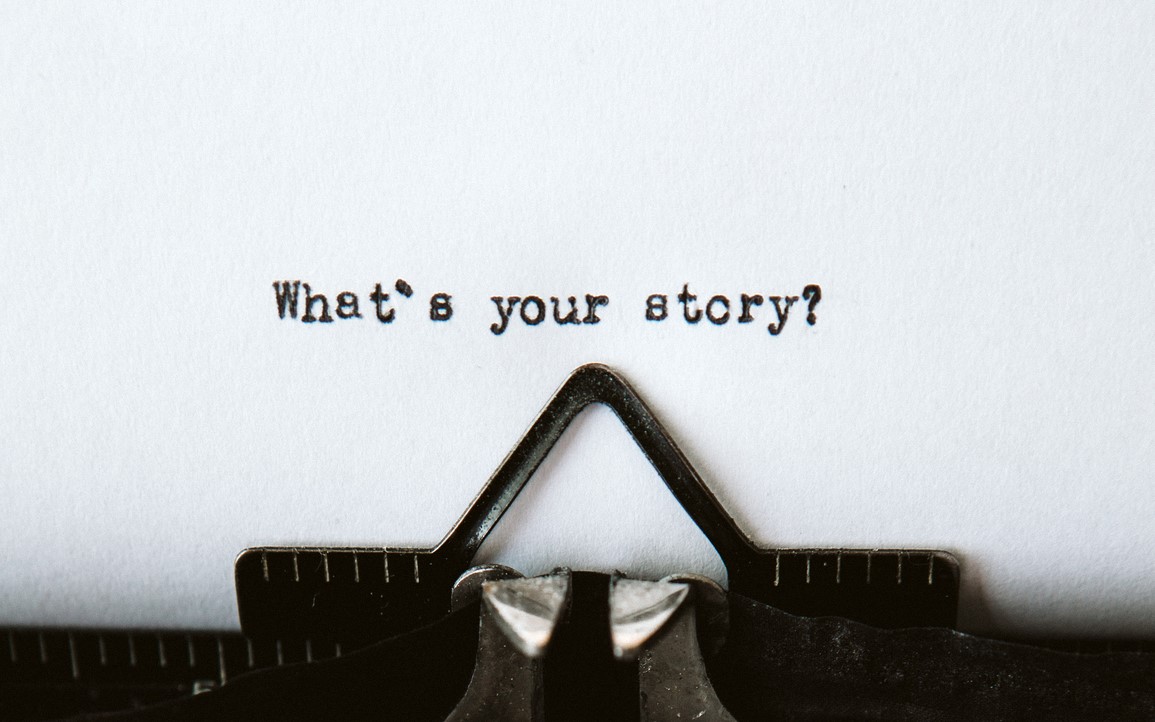It’s dawned on me several times that I frequently use cooking and/or food metaphors/similes in explaining concepts about writing and/or publishing to my clients.
Part of it is my background in teaching and tutoring. I have some well-honed examples that just work because they’re easy to relate to, and I’ve carried them over to editing easily. As James Beard noted, “food is our common ground, a universal experience,” so simple examples revolving around food and basic cooking concepts are usually easily understood when you’re using them to make a point.
Part of it is also just that I love to cook and eat, and if I’m going to use an example to make my point, I’m going to default to something that’s fun for me to write about. Furthermore, the more I cook and the more I edit, the more overlap I see between both cooking and writing. The writer Paul Theroux explains it better than I ever could: “Cooking requires confident guesswork and improvisation– experimentation and substitution, dealing with failure and uncertainty in a creative way.” If you’re an author, you probably recognize a lot of the process of writing in that quotation too.
So, here are a few of my most used cooking to writing metaphors and the common writing issues/misconceptions they address.
Continue reading